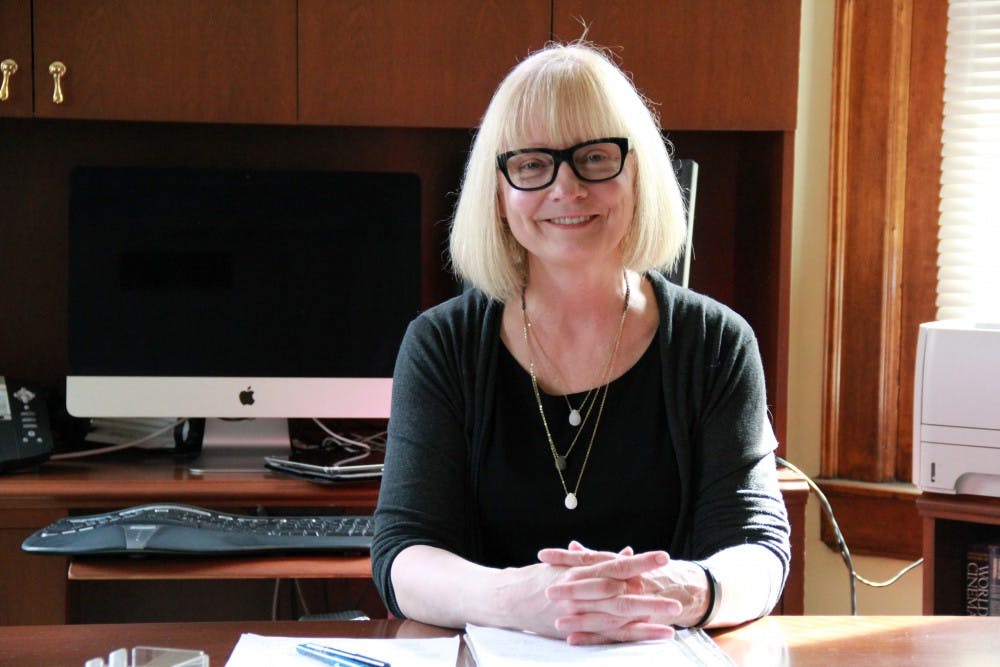Penn’s Critical Writing Program has the largest number of full-time instructors this year in its entire history.
Founded in 2003, the Critical Writing Program, more colloquially known as “writing seminar,” is a mandatory one-semester course taken by students across the four schools. It “brought together all the different writing programs across the University,” Critical Writing Program Director Valerie Ross said, adding that it is now one of the few college writing programs across the country to have full-time instructors, as opposed to adjuncts or graduate students teaching.
“This conversion to full-time staff has taken place over the past three years, with 2014-15, this year, being the first year with no adjunct — part-time — faculty,” Ross wrote in a follow-up email.
At the course’s inception, the Critical Writing Program was staffed mainly with part-time instructors, such as graduate students, along with adjuncts who could be teaching as many as four courses at various schools around the area and a few members of the standing faculty who would occasionally teach seminars.
From the beginning of the program, “we were thinking about how we might staff the program in a way that was beneficial to those who taught for us as well as students,” Ross said.
From this year on, Penn’s writing center will be staffed almost entirely by full-time professors, except for 10 graduate students who are the beneficiaries of fellowships and are carefully vetted and trained before beginning teaching. The shift from part-time to full-time positions allows instructors to have more support, as well as benefits such as maternity leave, health insurance and contracts that solidify future employment.
“Everyone teaching in the curriculum is invested in the curriculum,” Ross said, adding that “they’re also really great instructors.”
“Along with the obvious ethical reasons for wanting a full-time faculty, it’s also good for students to have full-time people,” he added, explaining that instructors have both more time to mentor and meet with students, as well as a greater investment in the curriculum.
The switch appears to have been successful, and students, regardless of their feelings of writing seminar itself, generally view their instructors positively. Though the curriculum is occasionally criticized — one Wharton freshman who preferred to remain anonymous called it “Direction Following 101” — the faculty’s investment offsets much of the backlash.
A quote has been removed for clarification. Writing instructors have much authority over the curriculum and how they approach it. The faculty vote on the curriculum and all changes made to it.



